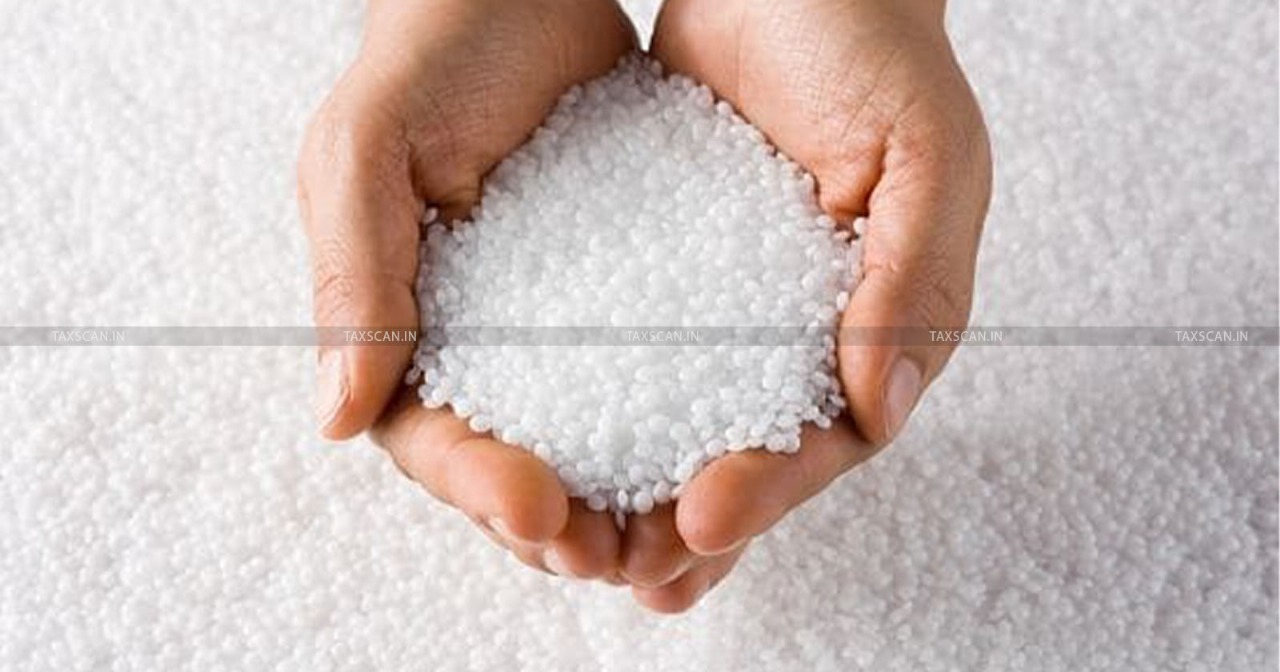Bagasse is Not A Manufactured Final Product: CESTAT Quashes Central Excise Duty Demand Under Rule 6 of CCR [Read Order]
CESTAT held that bagasse is not a manufactured final product, quashing central excise duty demand under Rule 6 of the Cenvat Credit Rules
![Bagasse is Not A Manufactured Final Product: CESTAT Quashes Central Excise Duty Demand Under Rule 6 of CCR [Read Order] Bagasse is Not A Manufactured Final Product: CESTAT Quashes Central Excise Duty Demand Under Rule 6 of CCR [Read Order]](https://images.taxscan.in/h-upload/2025/07/11/2062880-bagasse-manufactured-final-product-cestat-central-excise-duty-demand-ccr-taxscan.webp)
The Chennai Bench of the Customs, Excise, and Service Tax Appellate Tribunal (CESTAT) ruled that central excise duty cannot be demanded on bagasse under Rule 6 of the Cenvat Credit Rules, 2004, as bagasse is not a manufactured final product.
The Salem Co-operative Sugar Mills Ltd., the appellant, is engaged in the manufacture of sugar and molasses from sugarcane. In the process, bagasse (dry pulp residue) emerges as a by-product during the extraction of juice from sugarcane.
The appellant classified bagasse under CET entry 23032000 with a nil rate of duty and claimed that bagasse was an exempted good. The appellant had availed Cenvat credit on inputs and input services used in the manufacture of sugar and molasses, which are dutiable goods.
 Also Read:Removal of PPCP to Moulders for Making Battery Parts Not Trading: CESTAT Rules Rule 6 Cenvat Credit Reversal Inapplicable [Read Order]
Also Read:Removal of PPCP to Moulders for Making Battery Parts Not Trading: CESTAT Rules Rule 6 Cenvat Credit Reversal Inapplicable [Read Order]
The department issued a statement of demand alleging that since common inputs and input services were used in the manufacture of both dutiable goods (sugar and molasses) and exempted goods (bagasse), the appellant was required to pay 6% of the value of bagasse under Rule 6(3) of the Cenvat Credit Rules, 2004.
The appellant filed replies denying liability, but the Commissioner of Central Excise confirmed the demand through orders-in-original dated 08.03.2017. Aggrieved, the appellant filed appeals before the CESTAT.
The appellant's counsel argued that bagasse emerges as a waste product and is not a manufactured product, and hence Rule 6 of the Cenvat Credit Rules would not apply. The counsel relied on the judgment of the Allahabad High Court in Balrampur Chini Mills Ltd. v. Union of India, which held that the reversal of Cenvat credit is not required in respect of bagasse as it is not a manufactured final product and the relevant CBEC circular to the contrary was quashed.
The revenue counsel argued that since Cenvat credit was availed on common inputs and input services used for dutiable goods and bagasse, the appellant was liable to pay the amount under Rule 6(3) of the Cenvat Credit Rules.
 Also Read:Affiliation Fees Collected by Universities Not Taxable Under Service Tax, Rental Income Exempt if Within Threshold: CESTAT [Read Order]
Also Read:Affiliation Fees Collected by Universities Not Taxable Under Service Tax, Rental Income Exempt if Within Threshold: CESTAT [Read Order]
The two-member bench comprising P. Dinesha (Judicial Member) and P. Anjani Kumar (Technical Member) observed that the issue was no longer res integra in light of the Allahabad High Court’s judgment, which held that Rule 6 of the Cenvat Credit Rules would not apply to bagasse since it is not a manufactured product.
The tribunal also observed that the CBEC circular treating bagasse as liable for reversal under Rule 6 was held to be erroneous and quashed by the High Court. The tribunal explained that since bagasse is not a manufactured final product, the demand for reversal under Rule 6 was unsustainable. The tribunal set aside the orders-in-original and allowed the appeals with consequential benefits.
Support our journalism by subscribing to Taxscan premium. Follow us on Telegram for quick updates


